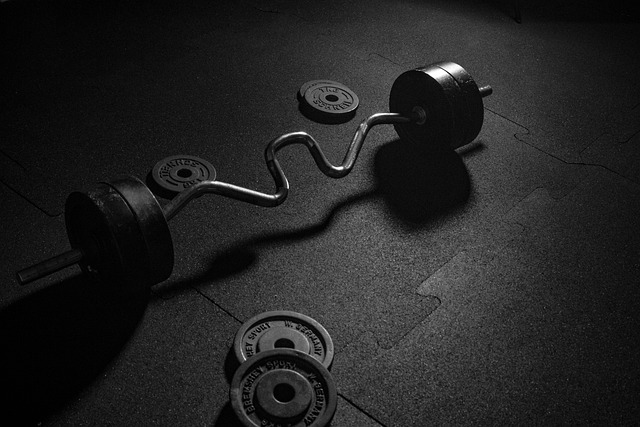Effective Weight Loss Tips for a Healthier Lifestyle
Are you struggling to lose weight and achieve your ideal body shape? With so many diet plans and weight loss programs available, it can be overwhelming to determine which methods are effective and safe. In this article, we will provide you with a comprehensive guide to help you on your weight loss journey. From setting realistic goals to creating a balanced diet plan, we will cover essential weight loss tips to support you in achieving a healthier lifestyle.
Setting Realistic Goals
Before starting your weight loss journey, it’s essential to set realistic goals. Having a clear idea of what you want to achieve will help you stay motivated and focused. When setting your goals, consider the following:
- Consult with a healthcare professional to determine a healthy weight range for your age, height, and body type.
- Set specific and achievable goals, such as losing a certain amount of weight within a specific timeframe.
- Make sure your goals are measurable, allowing you to track your progress and stay motivated.
- Consider non-scale goals, such as increasing your energy levels, improving your overall health, or enhancing your mental well-being.
Creating a Balanced Diet Plan
Eating a balanced diet is crucial for successful weight loss. A well-planned diet plan should include a variety of nutrient-dense foods from all food groups. Here are some dietary tips to help you create a balanced diet plan:
- Eat plenty of fruits and vegetables, aiming for at least five servings a day.
- Include lean protein sources, such as poultry, fish, and legumes, in your diet.
- Choose whole grains, such as brown rice, quinoa, and whole-wheat bread, over refined grains.
- Limit your intake of saturated and trans fats, opting for healthier fats like avocado and nuts.
- Stay hydrated by drinking plenty of water throughout the day.
Incorporating Physical Activity
Regular physical activity is essential for weight loss and overall health. Aim for at least 150 minutes of moderate-intensity exercise or 75 minutes of vigorous-intensity exercise per week. Here are some tips to incorporate physical activity into your daily routine:
- Find activities you enjoy, such as walking, running, swimming, or cycling.
- Start with short sessions and gradually increase the duration and intensity as you become more comfortable.
- Incorporate strength training exercises to build muscle and boost metabolism.
Managing Stress and Emotional Eating
Stress and emotional eating are common obstacles that can hinder your weight loss progress. Here are some tips to help you manage stress and emotional eating:
- Practice stress-reducing techniques, such as meditation, yoga, or deep breathing exercises.
- Identify emotional triggers and develop healthier coping mechanisms, such as journaling or talking to a friend.
- Avoid using food as a reward or punishment, focusing on nourishing your body instead.
- Seek support from friends, family, or a professional counselor if you struggle with emotional eating.
Staying Motivated and Tracking Progress
Staying motivated and tracking your progress are crucial for long-term weight loss success. Here are some tips to help you stay on track:
- Keep a food diary or use a mobile app to track your eating habits and physical activity.
- Celebrate small victories along the way, such as reaching a new milestone or trying a new recipe.
- Find accountability through a weight loss support group or a workout buddy.
- Reward yourself with non-food items, such as a relaxing bath or a new book.
Conclusion
Losing weight and achieving a healthier lifestyle requires patience, dedication, and a well-planned approach. By setting realistic goals, creating a balanced diet plan, incorporating physical activity, managing stress and emotional eating, and staying motivated and tracking progress, you can achieve successful weight loss and improve your overall health. Remember, weight loss is a journey, and it’s essential to focus on progress, not perfection.



